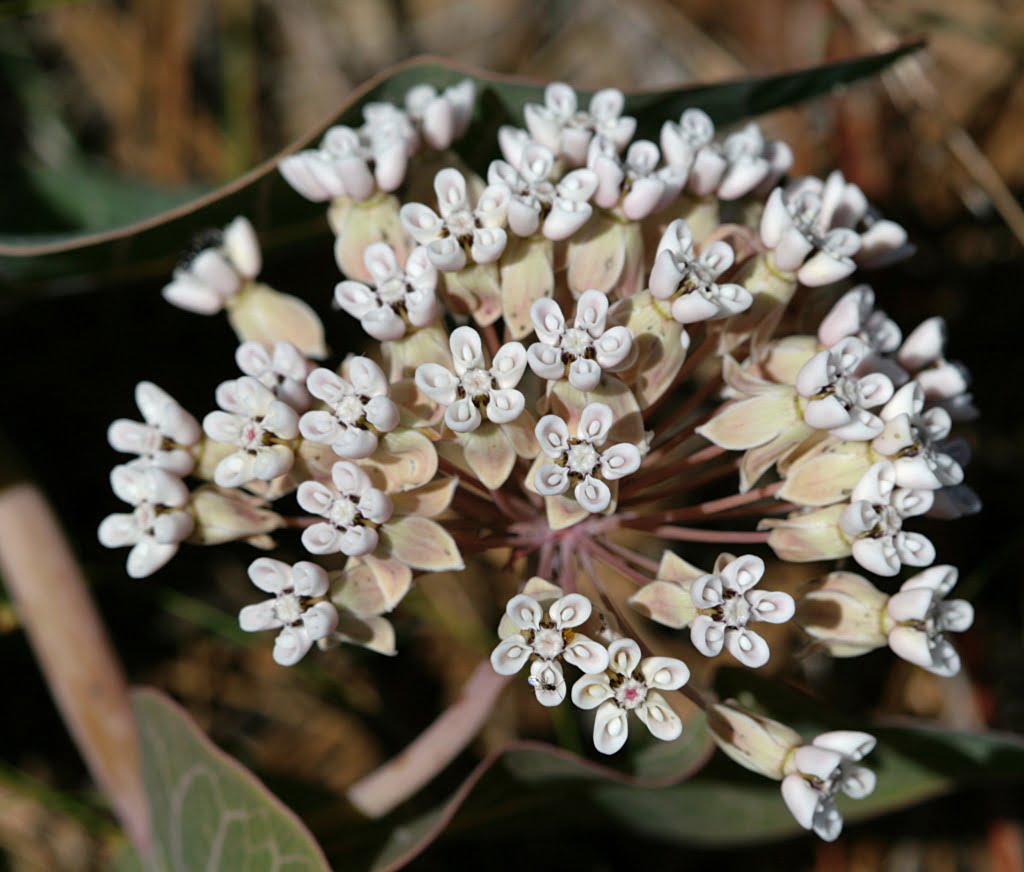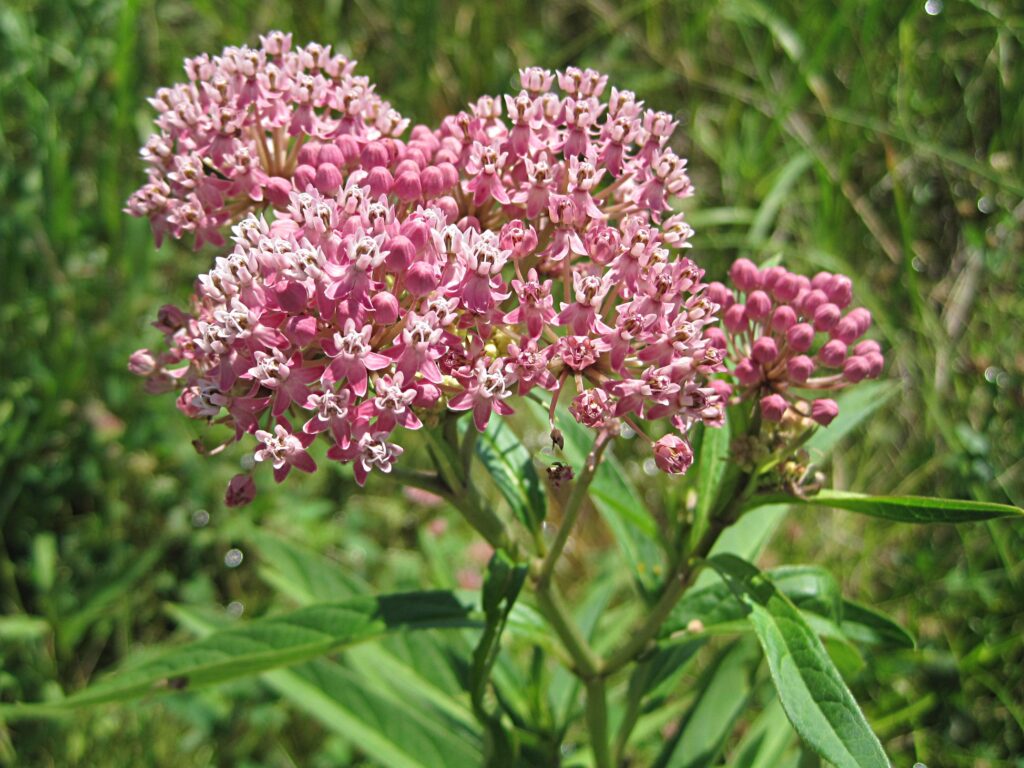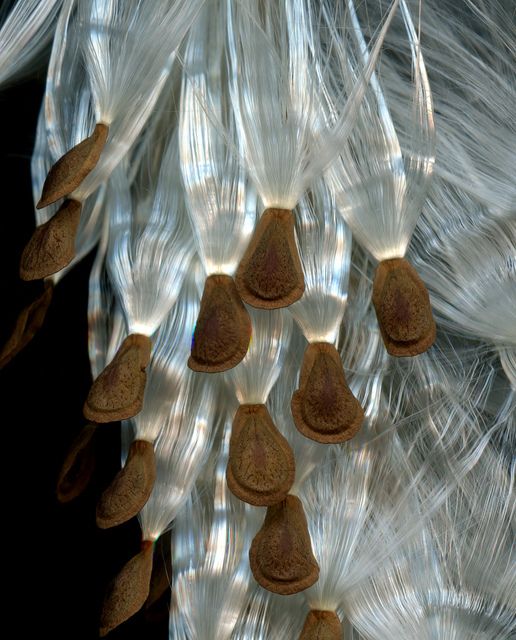Absolutely! While the name “Swamp Milkweed” may evoke images of wetlands and moisture, it is important to note that this plant is highly adaptable and can thrive in various growing conditions. The name “Swamp Milkweed” refers to its natural habitat preference, where it is commonly found growing along the edges of wetlands, marshes, and streams. However, it can also flourish in average garden soil.

10 Sandhill Milkweed Seeds Ascslepias Humistrata Pinewood Milkweed Florida-Native
With Johnny Butterflyseed’s Sandhill Milkweed seeds, you’re not just planting flowers; you’re cultivating a living mosaic of nature’s marvels. 10+ Florida Native seeds.

Here’s why “Swamp Milkweed” (Asclepias Incarnata) can still be an excellent choice for your garden:
- Versatility: Despite the name, Swamp Milkweed is not limited to swampy areas. It is a hardy and adaptable perennial that can grow in a wide range of soil types, including average garden soil. It can tolerate both moist and drier conditions, making it suitable for various regions across North America.
- Garden Beauty: Swamp Milkweed features beautiful pink flowers that add an enchanting touch to any garden or landscape. The vibrant blooms, combined with its tall and slender stems, make it an attractive addition to your outdoor space. It can create a stunning visual display and serve as a focal point in your garden.
- Ecological Importance: Swamp Milkweed plays a crucial role in supporting pollinators, particularly the endangered Monarch Butterflies. It serves as a primary host plant for Monarch caterpillars, providing essential food and habitat. By cultivating Swamp Milkweed, you are actively contributing to the conservation efforts aimed at preserving these majestic butterflies.
- Low Maintenance: Despite its elegant appearance, Swamp Milkweed is relatively low maintenance once established. It is a perennial plant, meaning it will return year after year, saving you time and effort in replanting. It requires minimal care, including regular watering and occasional pruning.
- Environmental Benefits: Growing Swamp Milkweed in your garden offers several environmental benefits. It attracts a wide range of pollinators, including bees, butterflies, and hummingbirds, enhancing the biodiversity of your garden. Additionally, it contributes to soil stabilization and erosion control, making it an asset in various landscaping projects.

So, while the name “Swamp Milkweed” may evoke a specific image, don’t let it deter you. Embrace this resilient and beautiful plant, as it can bring numerous benefits to your garden and play a significant role in supporting the well-being of Monarch Butterflies, and our pollinator friends… one day at a time!

10 Sandhill Milkweed Seeds Ascslepias Humistrata Pinewood Milkweed Florida-Native
With Johnny Butterflyseed’s Sandhill Milkweed seeds, you’re not just planting flowers; you’re cultivating a living mosaic of nature’s marvels. 10+ Florida Native seeds.

